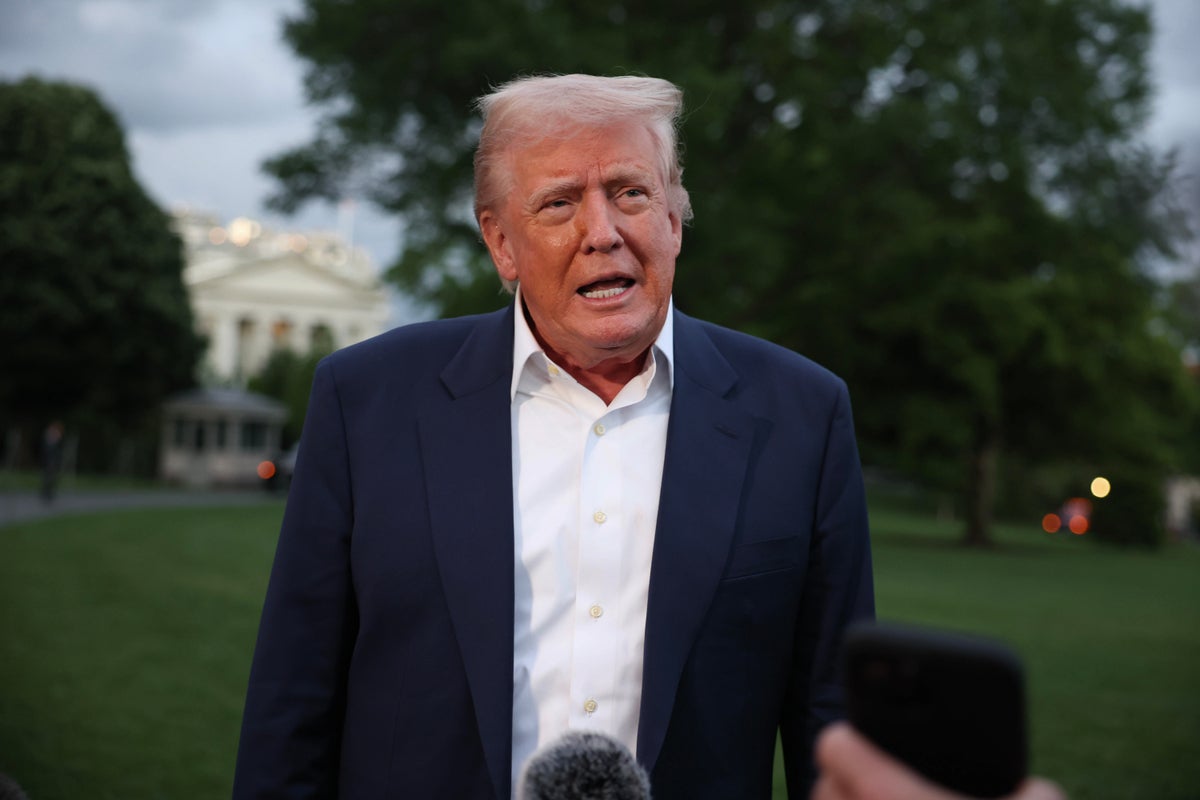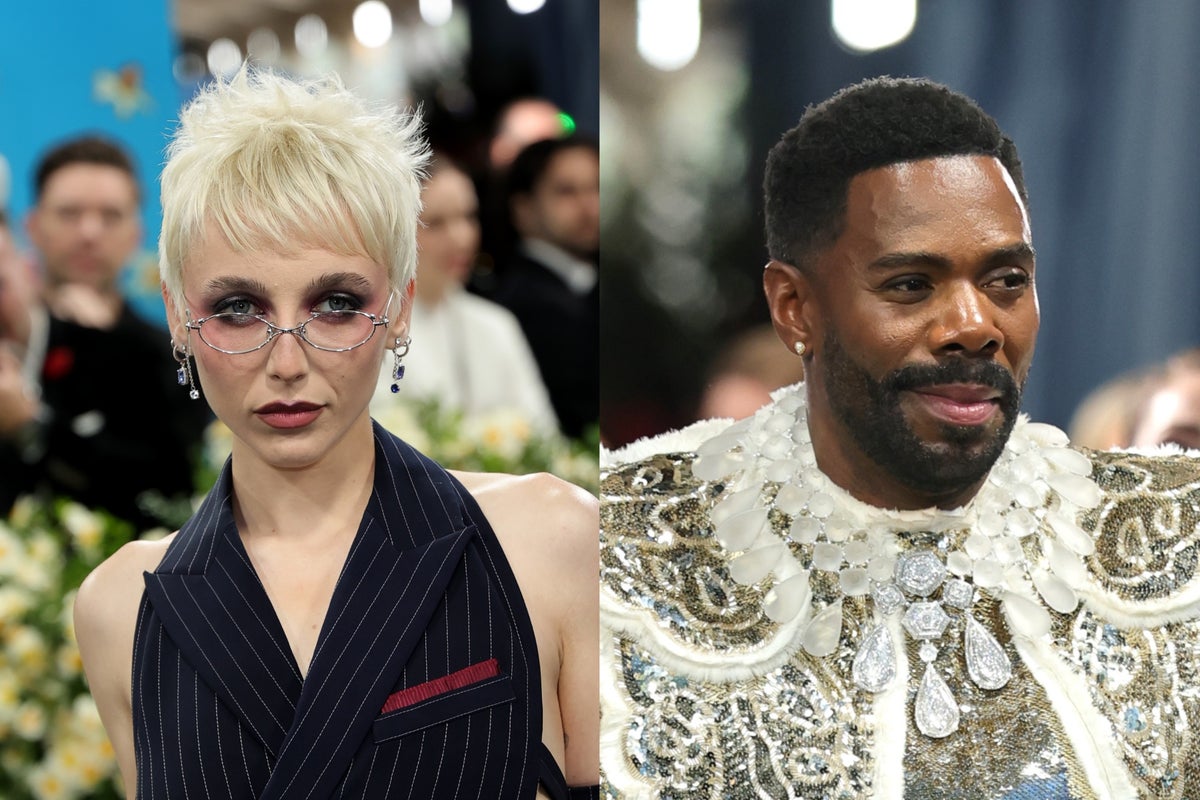President Donald Trump revealed on Sunday that he’s starting the process of putting in place 100 percent tariffs on any movie made outside of the U.S.
The Trump trade war is now moving on from industry to intellectual property, which could have a massive impact on an industry that often produces work across several countries.
“The Movie Industry in America is DYING a very fast death,” Trump claimed on Truth Social on Sunday night. “Other Countries are offering all sorts of incentives to draw our filmmakers and studios away from the United States. Hollywood, and many other areas within the U.S.A., are being devastated.”
The president argued that it was an issue of national security and propaganda.
“This is a concerted effort by other Nations and, therefore, a National Security threat,” he said. “It is, in addition to everything else, messaging and propaganda!”
“Therefore, I am authorizing the Department of Commerce, and the United States Trade Representative, to immediately begin the process of instituting a 100% Tariff on any and all Movies coming into our Country that are produced in Foreign Lands,” he added. “WE WANT MOVIES MADE IN AMERICA, AGAIN!”
It remains unclear how such a tariff would work and whether it would be applied only to theatrical releases or also include streaming, as well as how it would differentiate between movies and TV shows.
Movie producers have more often chosen to film in low-cost production locations as Hollywood blockbusters get more and more expensive.
One union said Trump’s tariffs could be a “knock-out blow” to the industry, with many filmmakers having left the U.S. for countries such as the U.K. and Canada as they try to lower production costs.
The U.K. Media Union Bectu issued the warning, with boss Philippa Childs telling the BBC: “The government must move swiftly to defend this vital sector, and support the freelancers who power it, as a matter of essential national economic interest.”

Some films shot outside the U.S., but produced by American studios, include Deadpool & Wolverine, Wicked, and Gladiator II.
The scope of the tariffs – such as whether they would apply to other forms of entertainment – is also unclear. Fox’s gameshow The Floor, for example, is filmed in Ireland. The Traitors, meanwhile, is filmed in Scotland and produced by Studio Lambert, who have a presence in both the U.S. and the U.K.
HBO’s The Last of Us was primarily shot in Canada, and while the first season of The White Lotus was filmed in Hawaii, the second and third seasons were filmed abroad, in Italy and Thailand, respectively. Parts of Severance were also filmed in Canada, where The Handmaid’s Tale was also produced. Meanwhile, Disney+ Star Wars spinoff Andor was shot in the U.K.
Timothy Richards, the founder of the European cinema chain Vue, questioned how Trump would define an American movie while speaking to the BBC.
“Is it where the money comes from? The script, the director, the talent, where it was shot?” he asked.
He noted that the cost of shooting in Southern California has ballooned in the last few decades, leading some filmmakers to move to locations that offer lower costs and tax incentives.
Last month, China announced it was reducing the number of American films allowed to go into the country.
The China Film Administration said: “The wrong action of the US government to abuse tariffs on China will inevitably further reduce the domestic audience’s favourability towards American films.”
“We will follow the market rules, respect the audience’s choice, and moderately reduce the number of American films imported,” it added.

In addition to Canada and the U.K., Australia and New Zealand have also seen an uptick in production.
“Nobody should be under any doubt that we will be standing up unequivocally for the rights of the Australian screen industry,” Australian home affairs minister Tony Burke said.
Screen Producers Australia noted that there was still much uncertainty about the plan but added that it would “send shock waves worldwide.”
New Zealand Prime Minister Christopher Luxon said his government was waiting to see the details of the proposed tariffs.
“But we’ll be obviously a great advocate, great champion of that sector and that industry,” said Luxon during a press conference.
Before starting his second term, Trump appointed three actors, Mel Gibson, Jon Voight, and Sylvester Stallone, to serve as “special envoys” to Hollywood, which he said was a “great but very troubled place.” But it remains unclear what they have achieved so far.
“They will serve as Special Envoys to me for the purpose of bringing Hollywood, which has lost much business over the last four years to Foreign Countries, BACK – BIGGER, BETTER, AND STRONGER THAN EVER BEFORE!” he wrote at the time.



